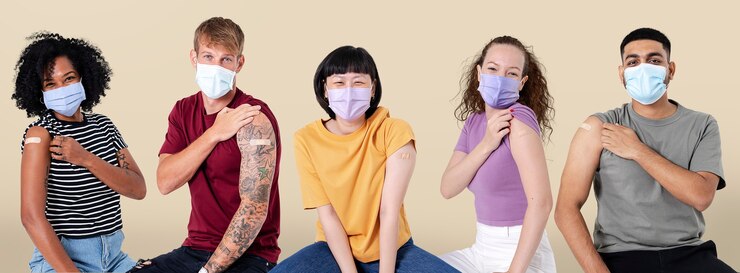
1. **Managing Sore Throat and Headache in the Age of COVID-19**
2. **What to Do When a Sore Throat and Headache Strike During COVID Times**
3. **Navigating Throat Pain and Headaches Amid COVID Concerns**
4. **From Symptoms to Solutions: Sore Throat, Headache, and COVID-19**
5. **Coping with Sore Throats and Headaches in a COVID-19 World**
Let me know if you’d like the tone to be more formal, casual, or medically focused.
COVID-19 has reached every part of the world, leading to serious health issues like liver damage, breathing problems, septic shock, pneumonia, heart complications, and even death. One of the major causes of these complications is something called a cytokine storm. This happens when the body’s immune system overreacts to an infection, flooding the bloodstream with inflammatory proteins called cytokines. This overreaction can end up damaging tissues and organs instead of protecting them.
Recognizing the symptoms of COVID-19 is crucial. Typically, symptoms show up between 2 to 14 days after exposure, but this can vary from person to person. If you or someone around you experiences difficulty breathing, constant chest pain or pressure, a bluish tint to the face or lips, confusion, or trouble staying awake, seek medical help immediately. In some cases, people with COVID-19 have also suffered strokes, so it’s important to stay alert to any unusual signs.
While a sore throat can be a symptom of COVID-19, not every sore throat or headache means you have the virus. Still, if you notice symptoms like these, it’s best to take precautions. The most important step is to stay home. If you live with others, try to isolate yourself in a separate room to avoid spreading the virus. Even if your symptoms are mild—like a runny nose or a slight headache—it’s still important to avoid contact with others. Going out while sick can put others at risk, especially those with weaker immune systems.
If you need medical attention, call your doctor instead of going directly to a clinic or hospital. You can also reach out to emergency medical services for guidance on testing and treatment. In some cities like Dallas and Austin, at-home COVID testing is available through services like Drip Hydration, which can also provide medical advice if you test positive.
Remember, this situation won’t last forever. With proper rest and by following your doctor’s instructions, you can recover and help stop the spread of the virus to others. Taking care of yourself also means protecting your loved ones and your community.